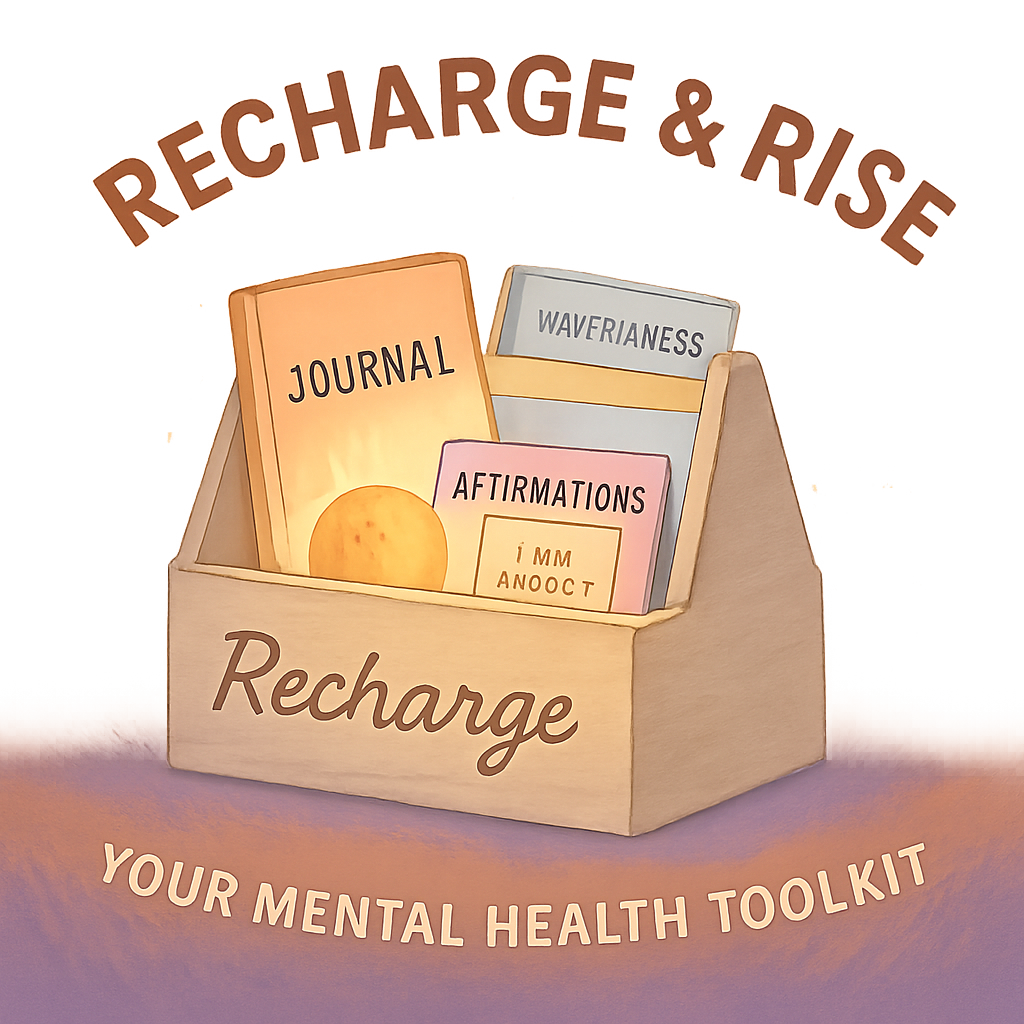What is Resiliency?
Resiliency is the ability to adapt, recover, and grow stronger in the face of life’s challenges, such as depression, anxiety, and stress. It’s not about avoiding difficulties, but about responding to them in healthy, constructive ways.
Why is Resiliency Important?
Resiliency helps people:
- Bounce back from setbacks and maintain mental well-being.
- Reduce the risk and impact of depression and anxiety.
- Cope better with everyday stressors and major life events.
Research shows that resilient individuals experience fewer symptoms of mental health problems and recover more quickly from adversity (Southwick & Charney, 2012).
How Can You Build Resiliency?
1. Cognitive-Behavioral Framework (CBT):
CBT teaches you to identify and challenge negative thoughts, replacing them with more balanced, realistic ones. This helps reduce the impact of stress, anxiety, and depression (Beck, 2011).
2. The Five Pillars of Resilience (Practical Steps):
- Connection: Build supportive relationships with friends, family, or support groups.
- Wellness: Prioritize sleep, nutrition, and physical activity.
- Healthy Thinking: Practice gratitude, mindfulness, and positive self-talk.
- Purpose: Set small, meaningful goals and celebrate progress.
- Seeking Help: Reach out to professionals when needed.
3. Mindfulness-Based Stress Reduction (MBSR):
Mindfulness practices, such as deep breathing and meditation, can lower stress and improve emotional regulation (Kabat-Zinn, 2003).
Quick Action Plan
- Pause and Breathe: When stressed, take three slow, deep breaths.
- Reframe: Ask yourself, “Is there another way to look at this situation?”
- Connect: Share your feelings with someone you trust.
- Move: Take a short walk or stretch to reset your mind and body.
References
- Beck, J. S. (2011). Cognitive Behavior Therapy: Basics and Beyond. Guilford Press.
- Kabat-Zinn, J. (2003). Mindfulness-based interventions in context: Past, present, and future. Clinical Psychology: Science and Practice, 10(2), 144-156. Link
- Southwick, S. M., & Charney, D. S. (2012). The science of resilience: Implications for the prevention and treatment of depression. Science, 338(6103), 79-82. Link
